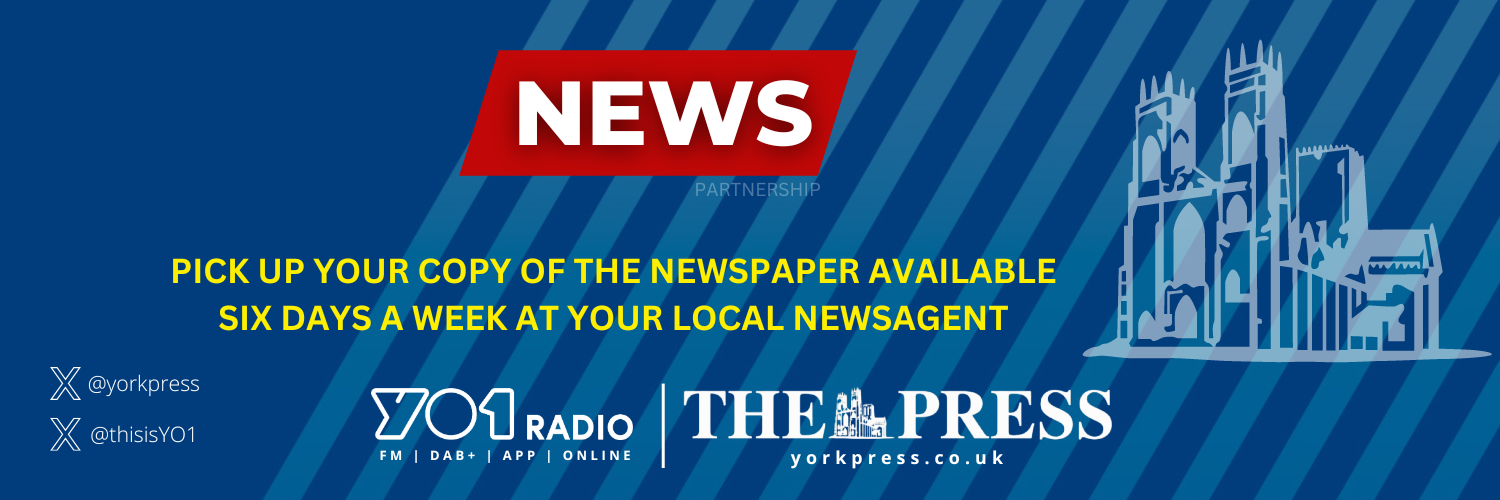
Ahead of New Year’s Eve parties, police are reiterating advice on what to do if you or someone you know may have been spiked – report to the police and get tested by them quickly.
Police forces in England and Wales shared spiking reports with the National Police Chiefs’ Council (NPCC) in the 12 months ending September 2022.
Nearly 5,000 cases of needle and drink spiking incidents were reported as forces across the country stepped up their focus on tackling the issue.
Spiking is when someone puts alcohol or drugs into another person’s drink or body without their consent or knowledge. This is illegal even if no other offence is committed. People can also be the victims of ‘needle spiking’, which is injecting someone with drugs without their consent.
National Police Chiefs’ Council lead for Violence Against Women and Girls, Deputy Chief Constable Maggie Blyth said:
“Behind each of these reports is a frightened victim whose night out has turned into a nightmare. I know from talking to victims of spiking how utterly terrifying it can be.
“Police forces have increased action against spiking with uniformed and covert operations in bars and clubs, working alongside venues to prevent and investigate spiking.
“Spiking is a complex and challenging offence to investigate. Drugs pass through the system quickly and there is often limited evidence to identify offenders, which means it’s not easy to get these cases to court.
“In order to have the best chance of identifying drugs and bringing offenders to justice, our message to anyone who thinks they have been spiked is to report early and be tested by the police.
“Don’t let the fact that you might have knowingly taken illegal drugs, stop you from reporting. It’s really important that if you do think you have been spiked and you have taken drugs that you let the officer know so that they have the full picture.”
Police action against spiking
Following the rapid rise in spiking reports during the autumn of 2021, police forces across the country increased their focus on spiking with high visibility patrols in city and town centres and areas with a high density of pubs, bars and clubs.
In a number of towns and cities across England and Wales, uniformed police officers are visiting venues and speaking to visitors and work closely with licensed premises staff.
Plain clothed officers are trained to look out for concerning behaviour, monitoring and questioning people who raise suspicions. Control rooms monitor CCTV so that police officers can be sent directly to any suspicious or dangerous situations.
Officers can also carry out licence checks on taxis, bars and clubs, work closely with welfare organisations such as street pastors, and they help venues to step up their own security efforts such as increasing searches.
Many venues have given extra training to staff to ensure that all reports of spiking are logged and reported immediately.
What should I do if I think I’ve been spiked?
Call 999 or 101 to report it to the police. We need to know about every possible spiking so we can investigate, even if no other crime has taken place. If you are out in a bar or club, you can report to a member of staff who will be able to help and support you.
If you are injured or have symptoms you are worried about after being spiked, call NHS Direct on 111.
If you think you have been sexually assaulted, go to your nearest Sexual Assault Referral Centre (SARC) for specialist care and support. In our area, this is Bridge House in York. Call them on 0330 223 0362, email bridgehouse.sarc@nhs.net or go to www.bridgehousesarc.org/
You can also contact the Supporting Victims in North Yorkshire for confidential support and information. Go to www.supportingvictims.org or call 01609 643100.
What happens when I am tested?
Police will take a non-invasive urine sample. Some drugs leave the body in a very short time (within 12 hours), so it’s important to test as soon as possible. Other drugs remain in the body longer, so testing will be considered up to seven days after the incident. The test the police use is the most effective way of finding out whether you have been spiked.
If you are tested in a hospital or by your GP, you will need to also have a police test, as this is what can be used as evidence to support charges or convictions.
If you tell the police how much you have drunk and whether you have voluntarily taken drugs, we will be able to provide a more accurate result. It is not a crime to have illegal drugs in your system (unless you are driving), so please don’t let this stop you reporting spiking.
The test results will come back in three weeks and will be discussed with you.
Jayne Butler, CEO Rape Crisis England & Wales said:
“Spiking is a serious crime that can leave victims and survivors feeling frightened and disorientated. If you suspect you have experienced spiking you might be unsure what has happened to you, have vague memories, or feel confused. You might know you have been spiked but don’t know if you have been raped or sexually assaulted. No matter the circumstances, you are not to blame and support is available.
“At Rape Crisis we take every person's experience of being spiked seriously. Rape Crisis workers can help you to make sense of your feelings, support you to make any appointments such as medical examinations or forensic tests, and offer choice around whether you would like to report to the police.
“We’ll help you to explore your options and support you to make decisions that feel right for you. You can also contact us for free, confidential emotional support, at any time of the day or night.”


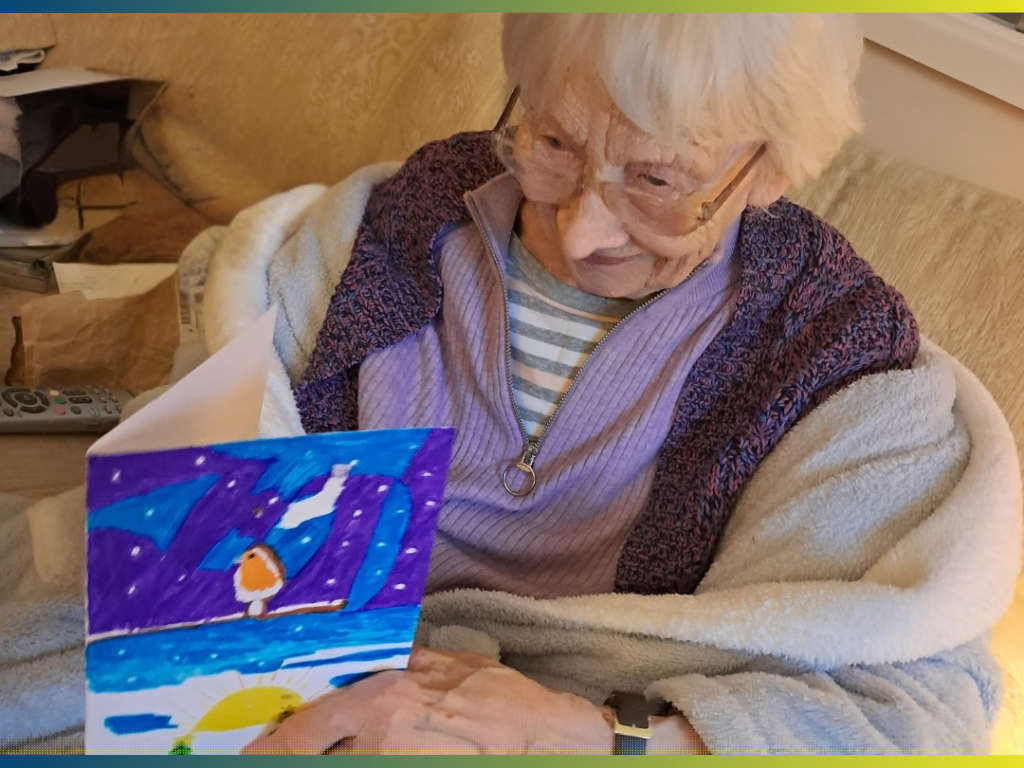 Heart-Warming Response To Age UK York's 'Stamp Out Loneliness' Campaign
Heart-Warming Response To Age UK York's 'Stamp Out Loneliness' Campaign
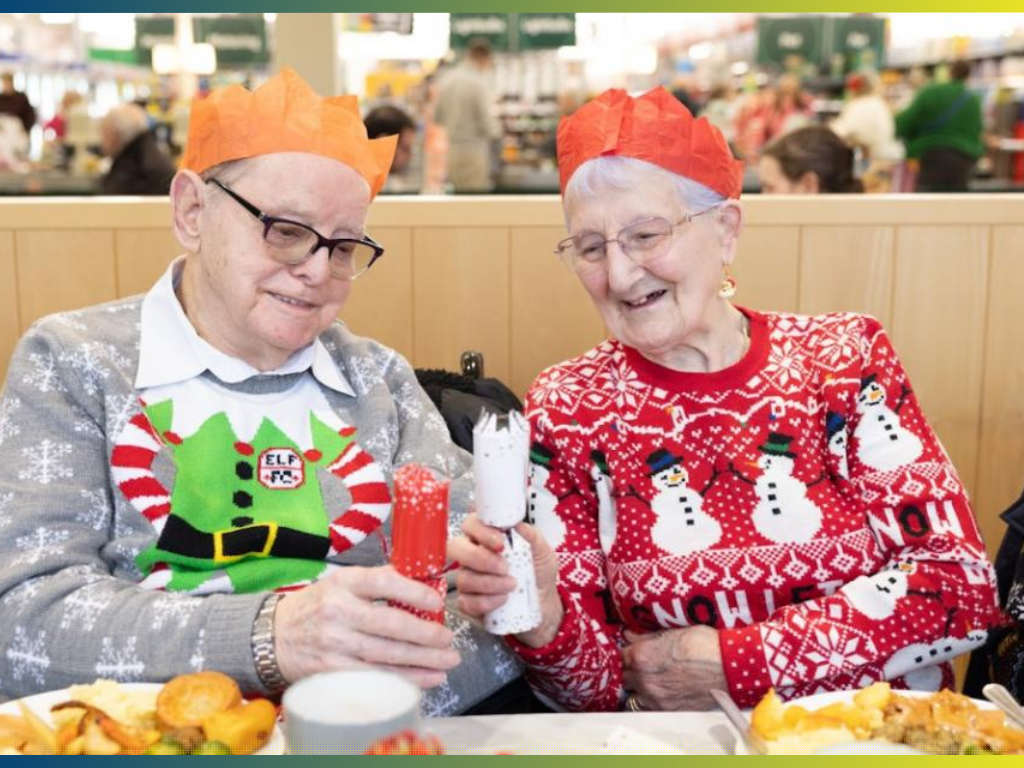 Morrisons Are Hosting Free Pensioners' Christmas Lunches In Its Cafés
Morrisons Are Hosting Free Pensioners' Christmas Lunches In Its Cafés
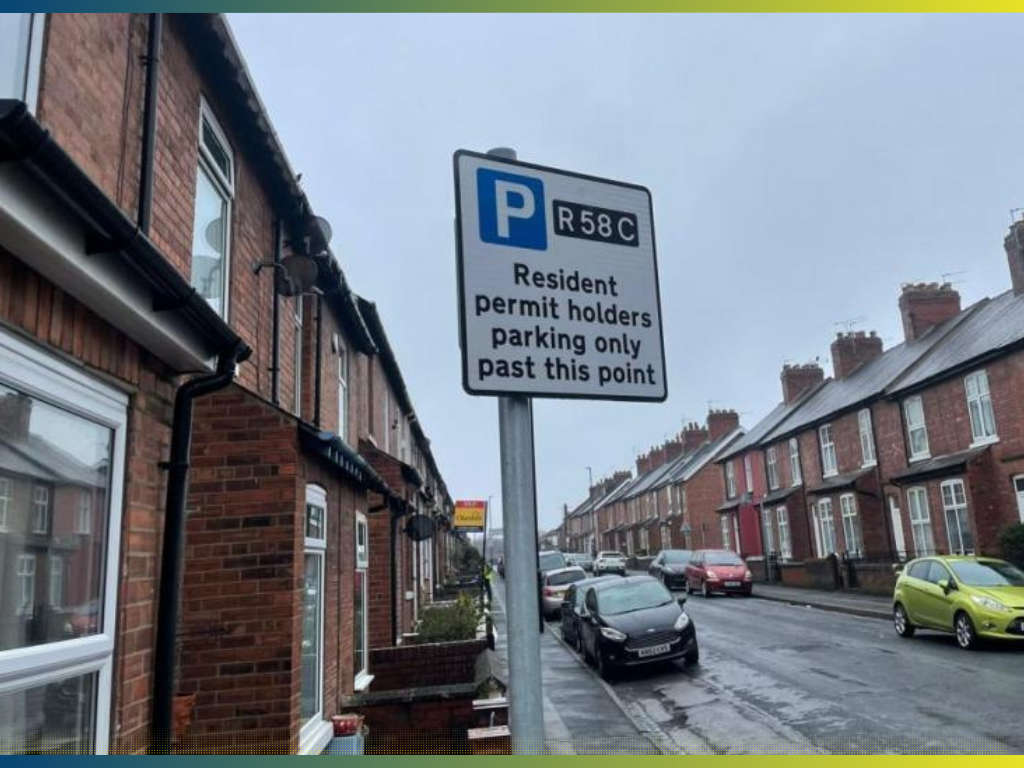 Some Could Pay Less and Others More for HMO Parking Permits Ahead of Decision
Some Could Pay Less and Others More for HMO Parking Permits Ahead of Decision
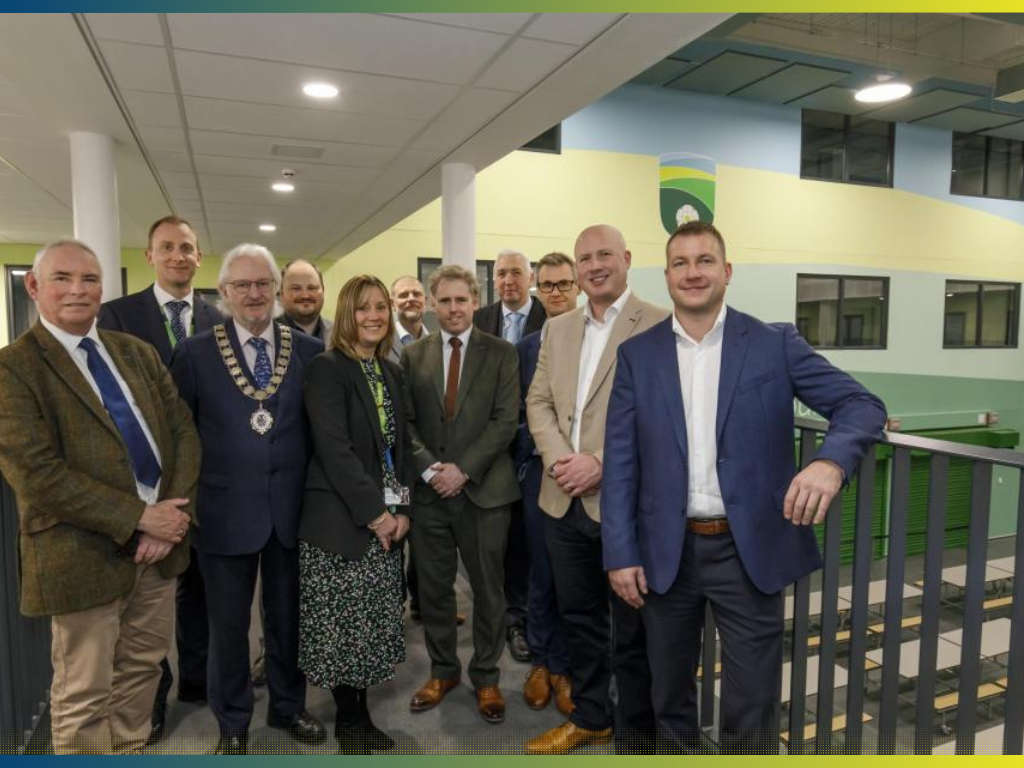 State-Of-The-Art Building Opens in Major New Chapter for School Near York
State-Of-The-Art Building Opens in Major New Chapter for School Near York
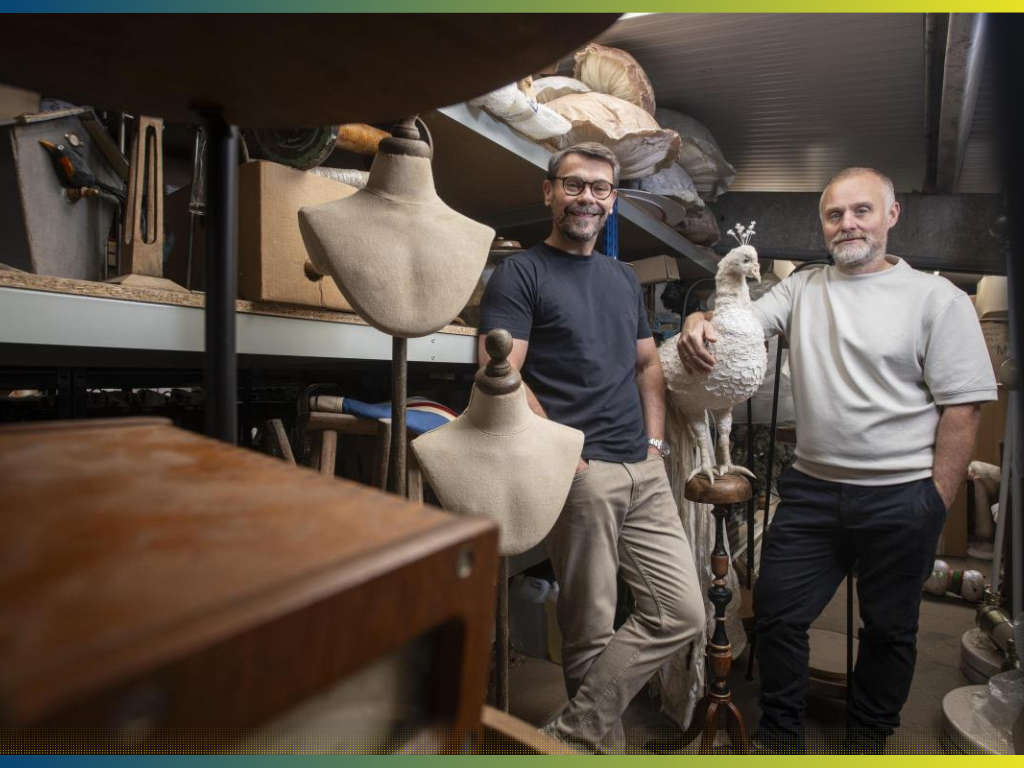 'We Are Incredibly Excited' - Business Plans New Retail Concept For York Landmark
'We Are Incredibly Excited' - Business Plans New Retail Concept For York Landmark










